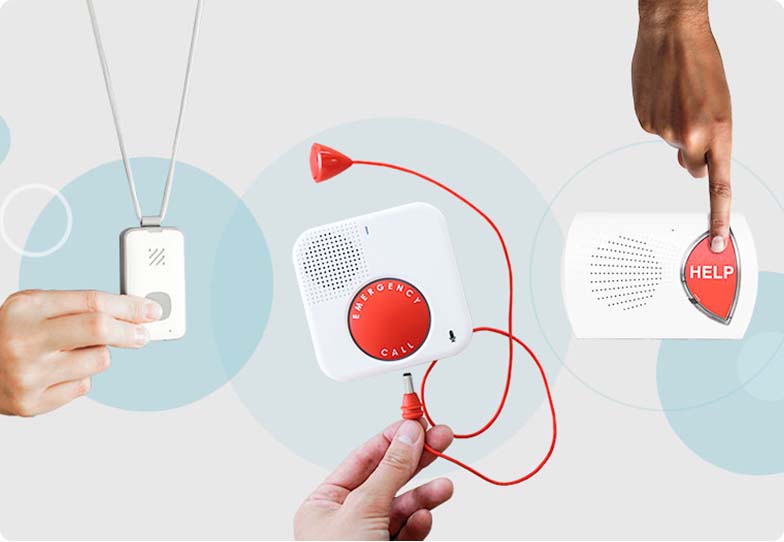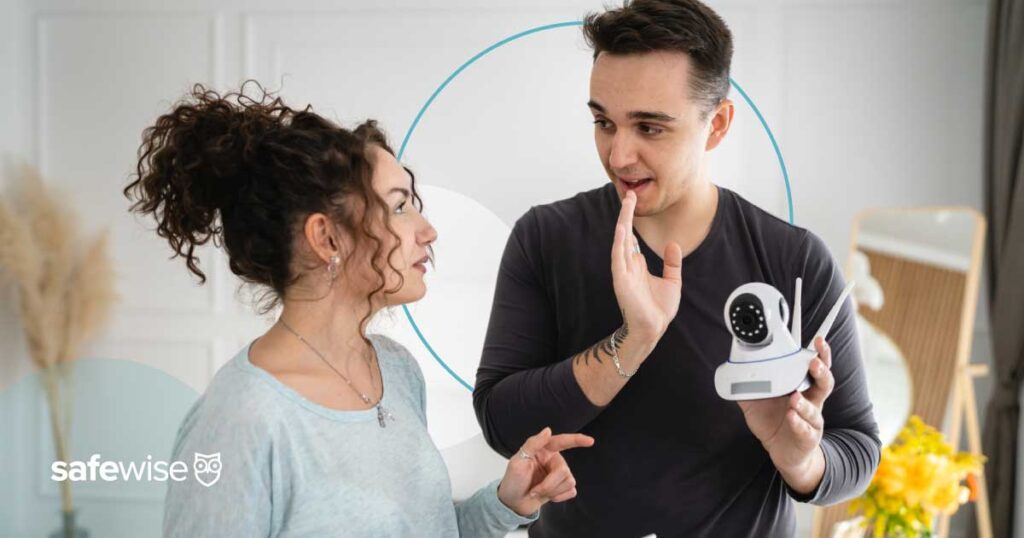A secure Wi-Fi network is the first line of defense against hackers. Replace the default password that came with your router with a strong, unique password.
After you change your password, give your network a unique name that doesn’t include any personal information.
It’s tempting to label your network as “Smith Home” or “123 Address Lane,” but it’s always better to go with something your family would recognize, but a stranger wouldn’t, like a dumb inside joke or random pop culture reference.
Don’t forget to secure your home Wi-Fi network by turning on WEP, WPA, or WPA2 encryption. Most routers encrypt by default, but you can also adjust this in your router’s settings.
And pay attention to the devices connecting to your networks, says SafeWise advisory group member and IT security expert Pete Canavan.
"Your entire home network needs to be secured since every device on it is a potential security threat," Canavan says. "This means locking down your kids’ phones, tablets, and computers, as well as any printers, routers, and modems. Don’t forget smart TVs, video doorbells, cameras, and other network-attached devices."




